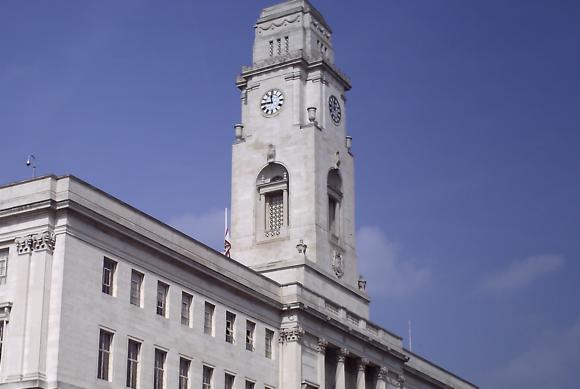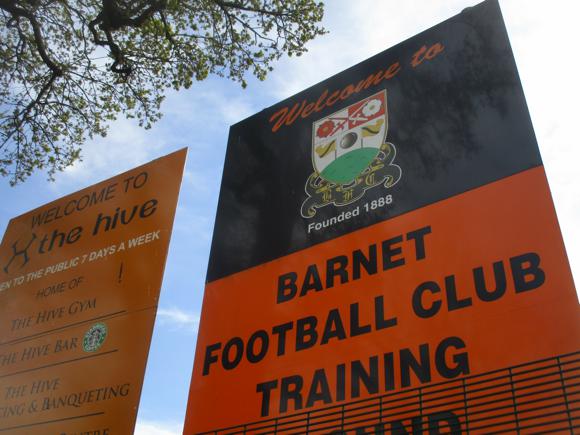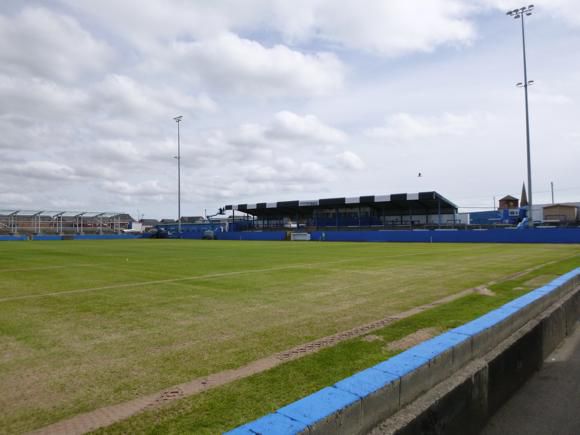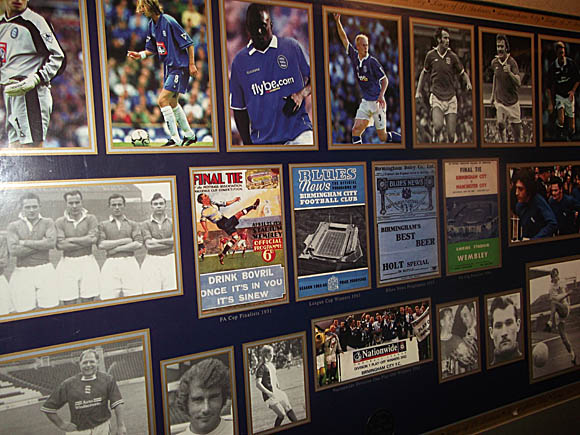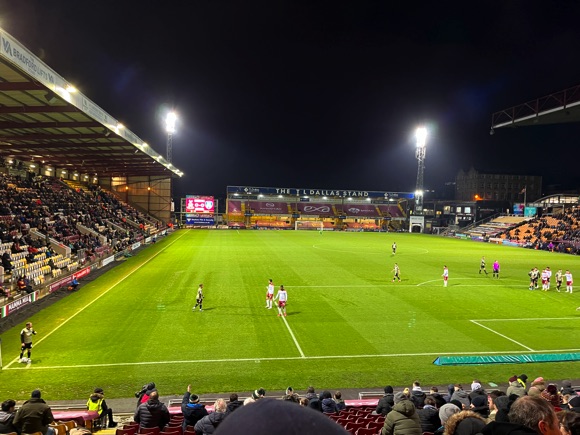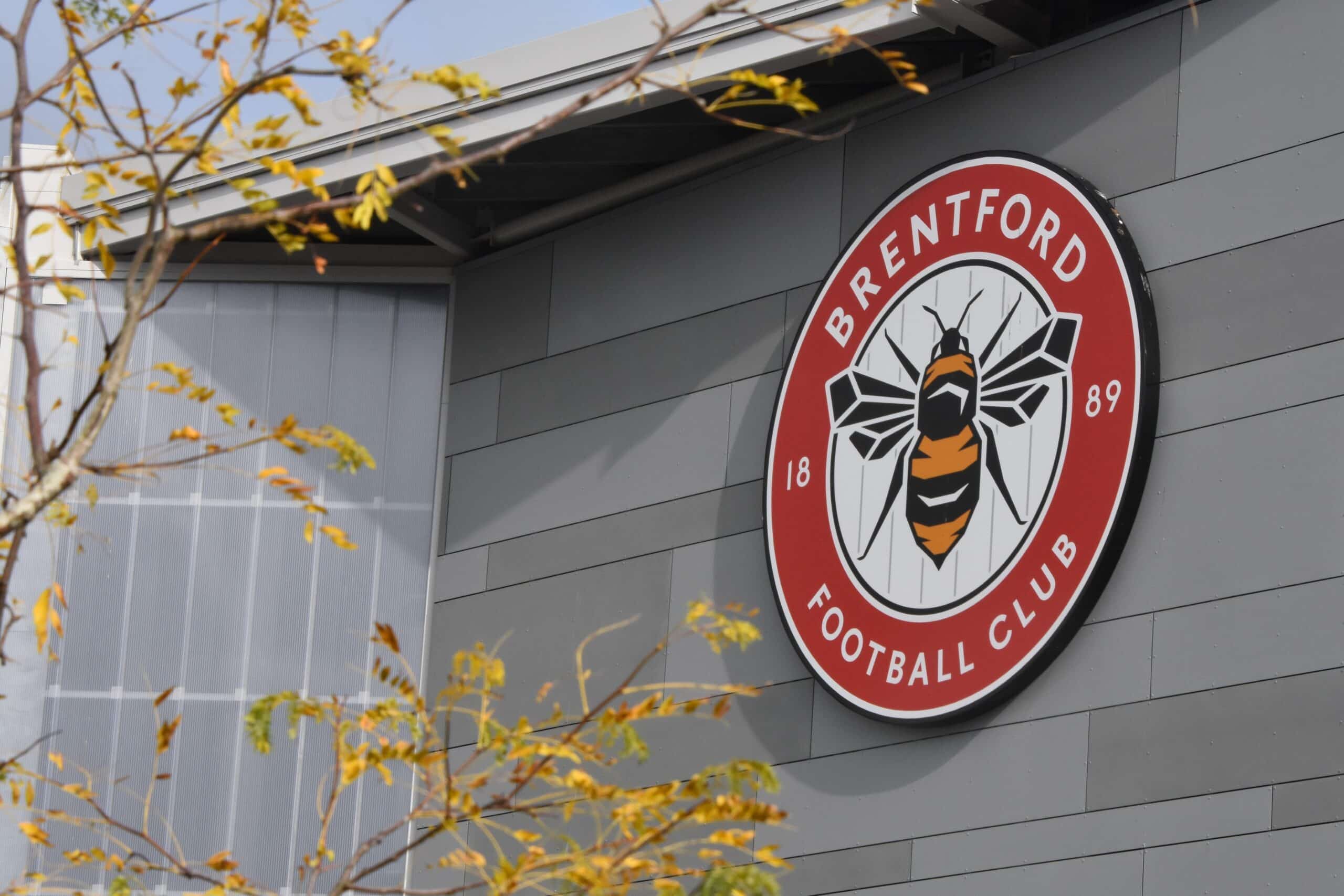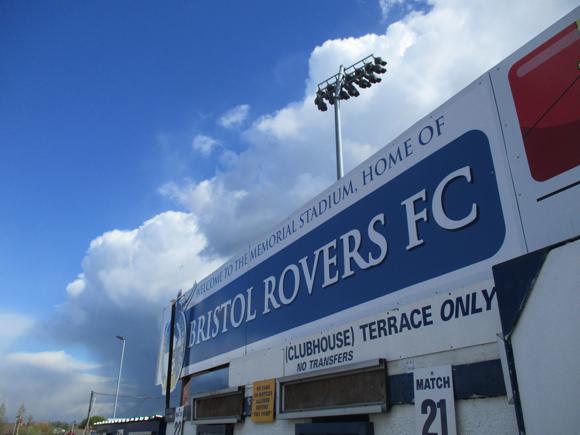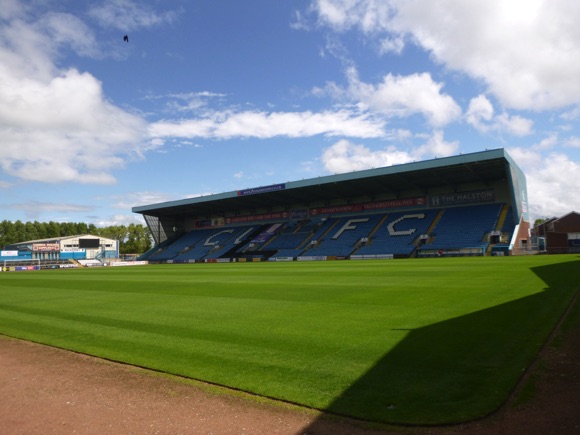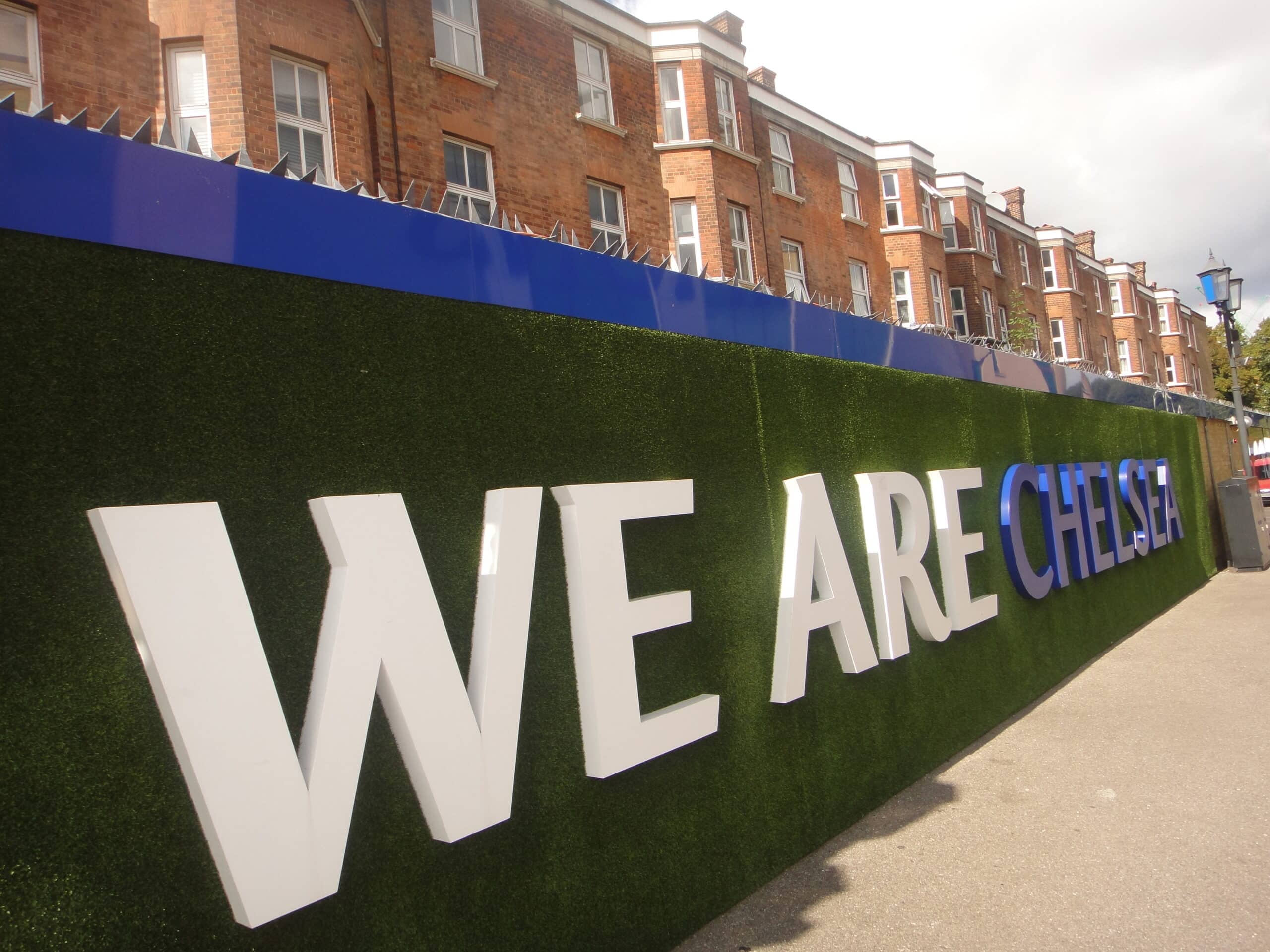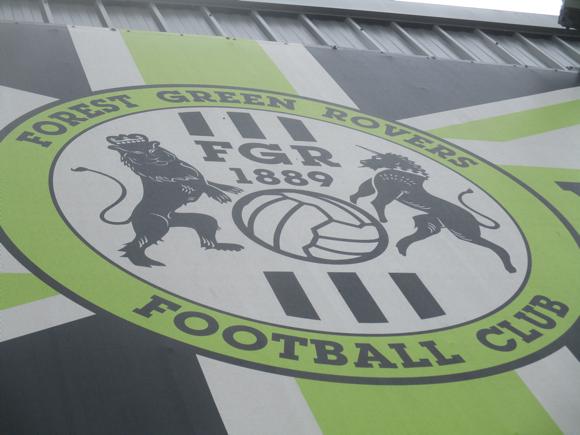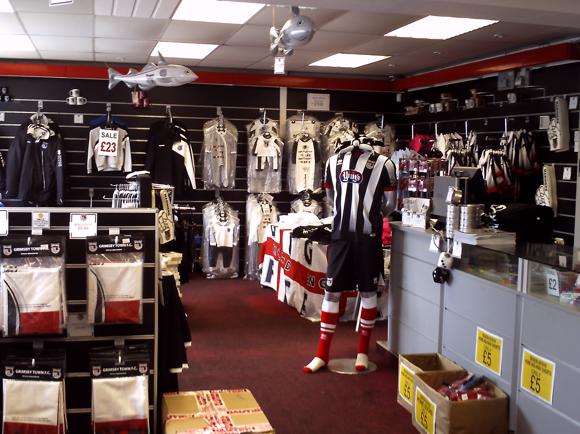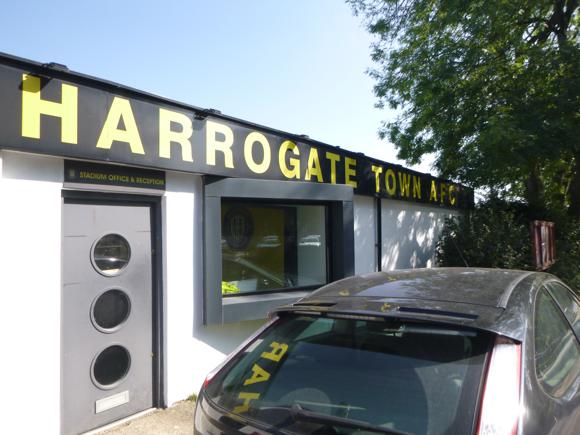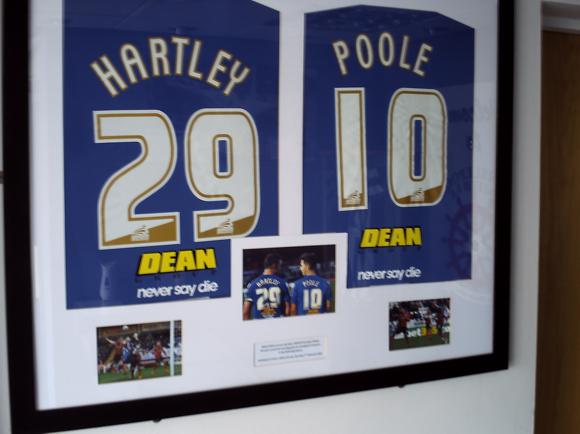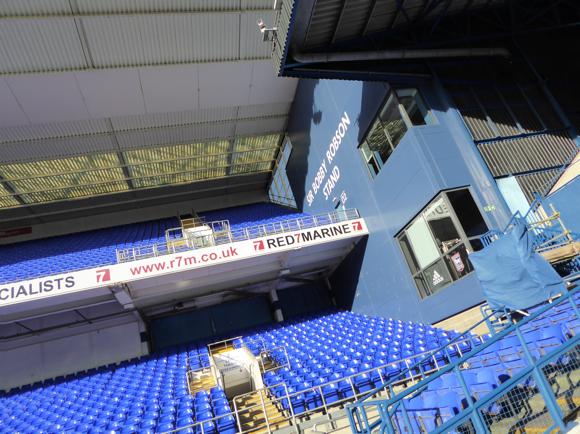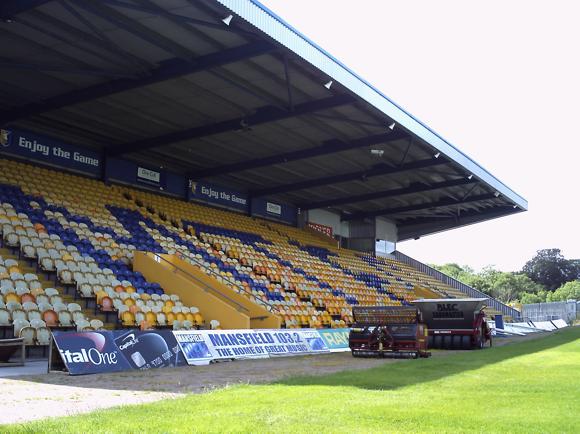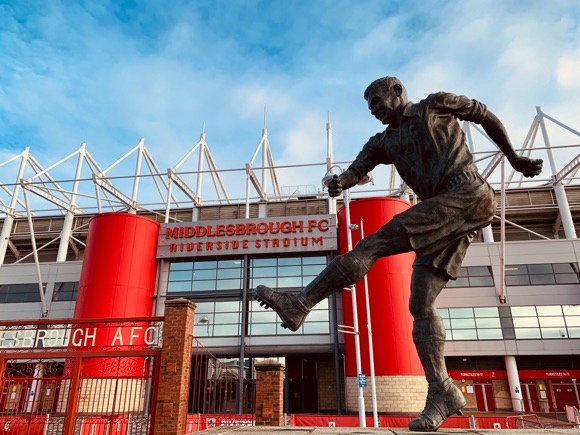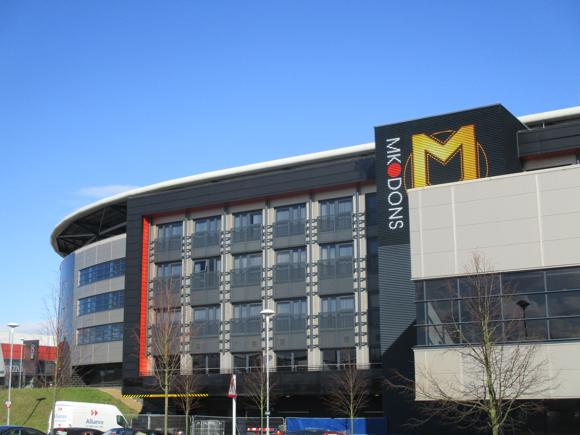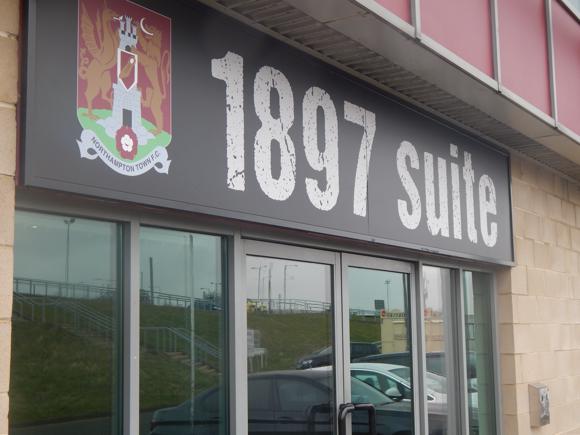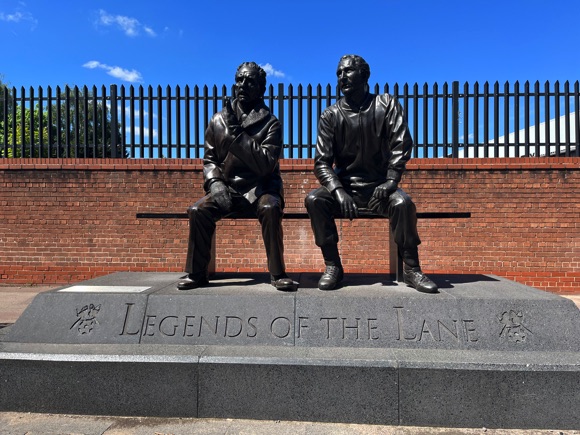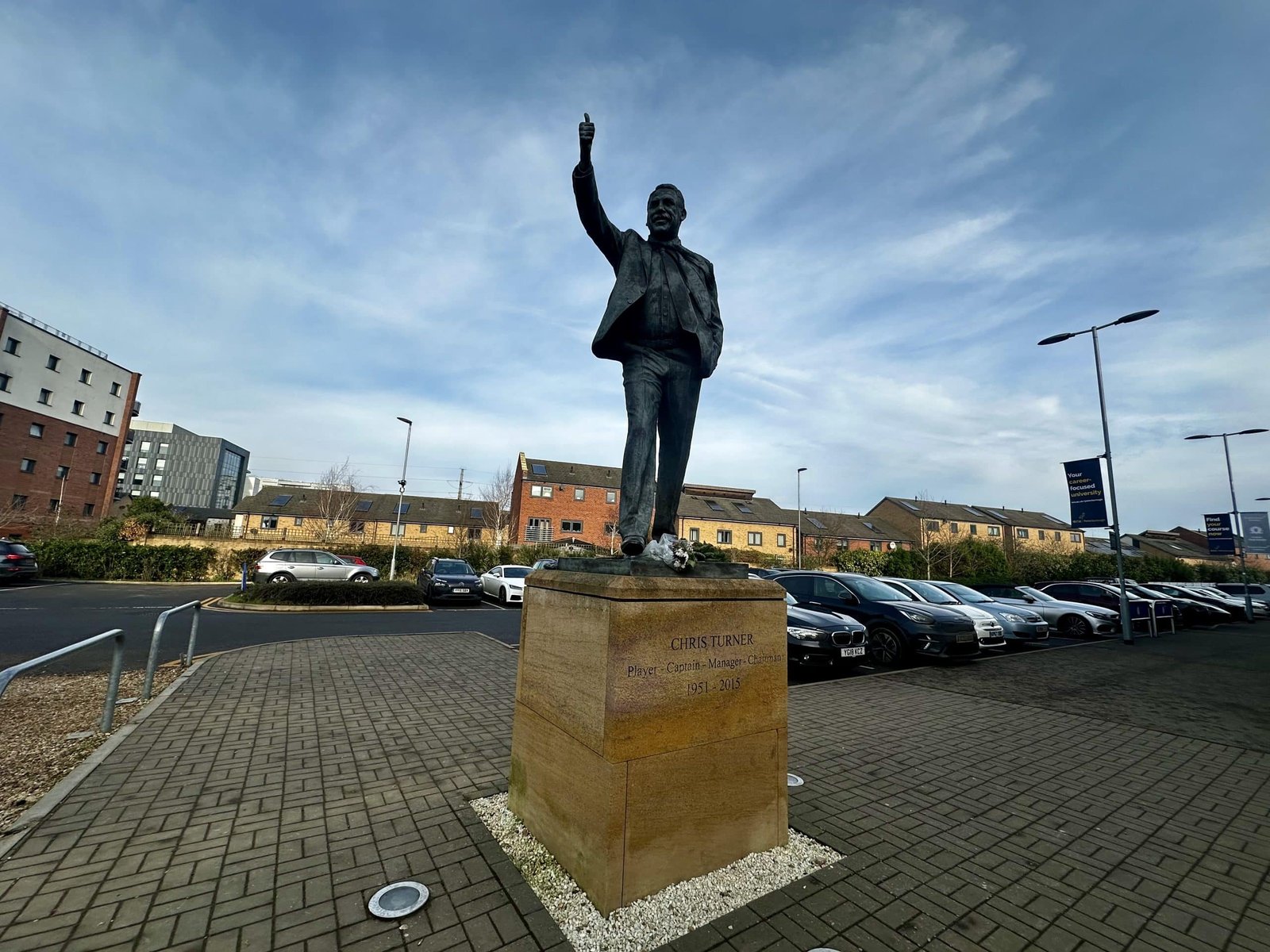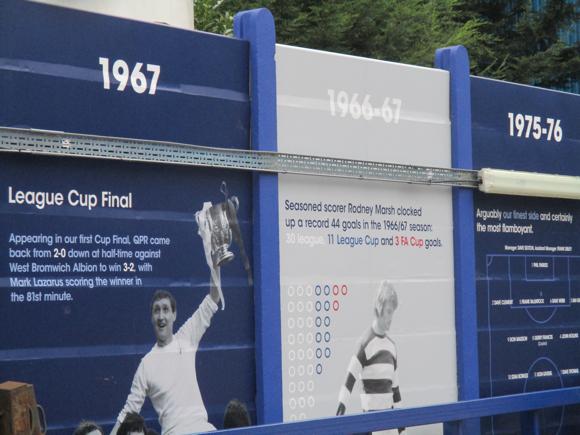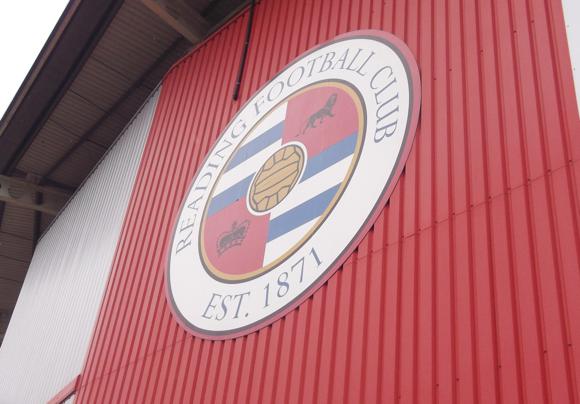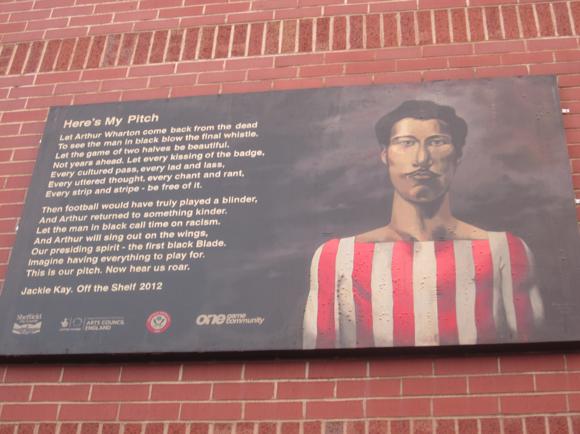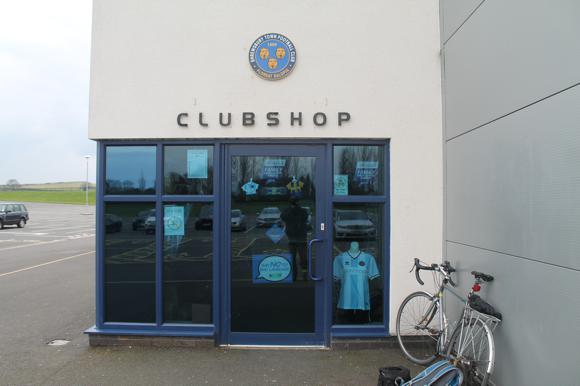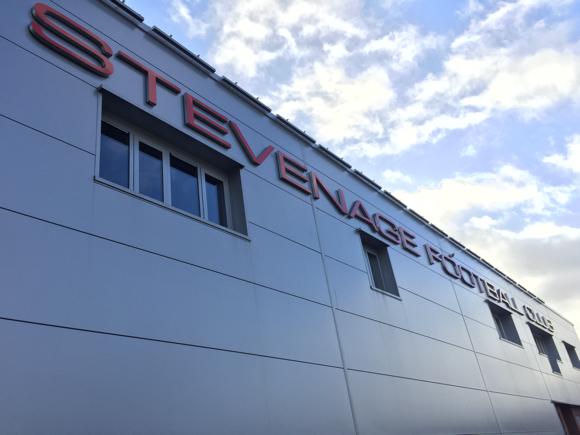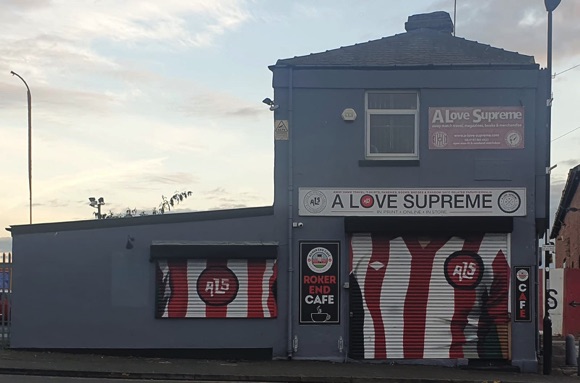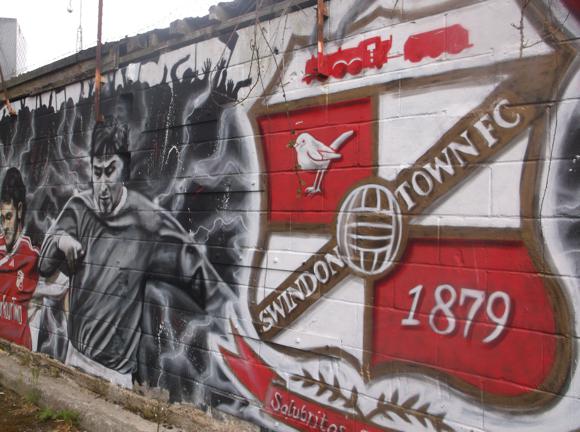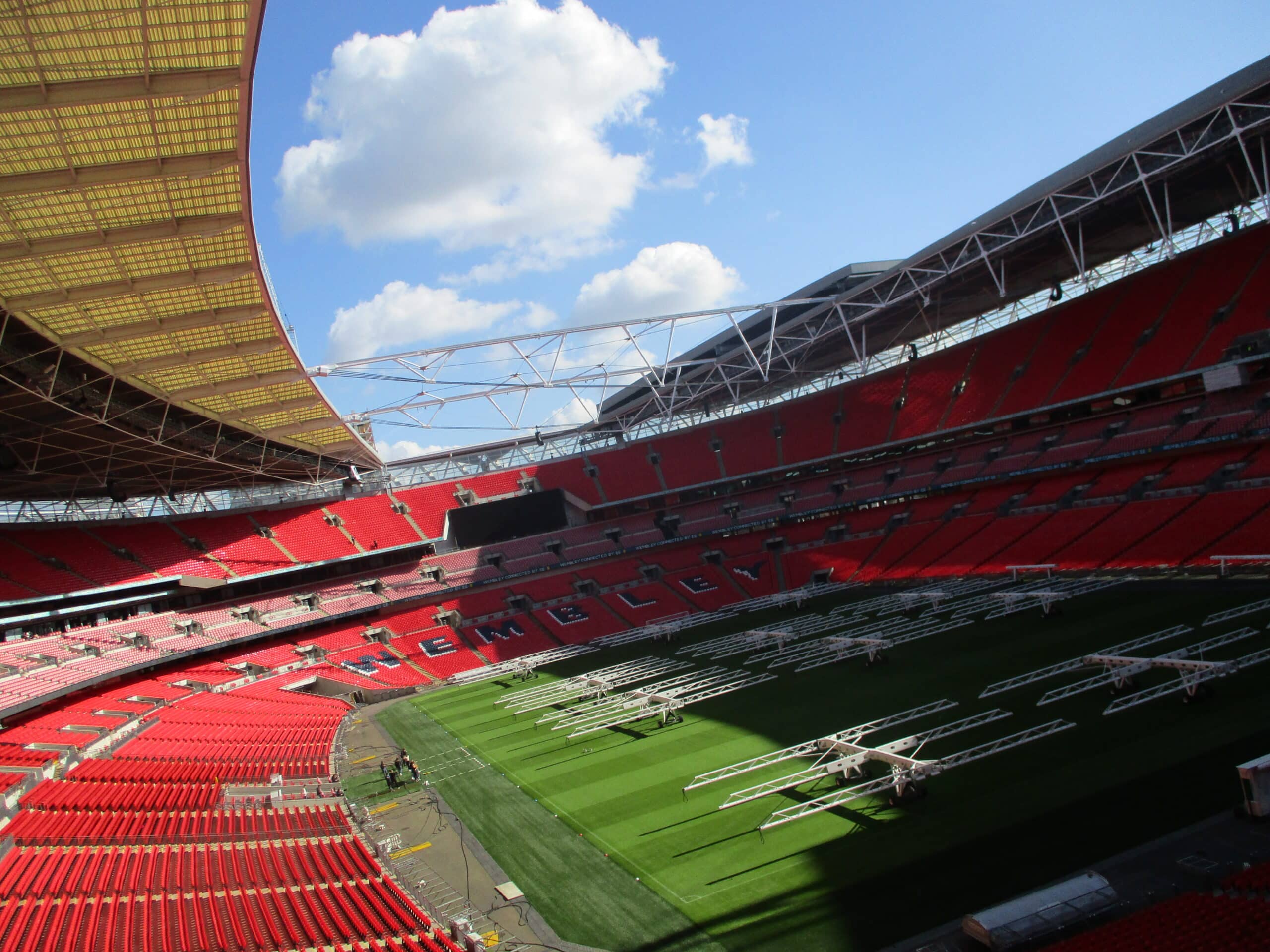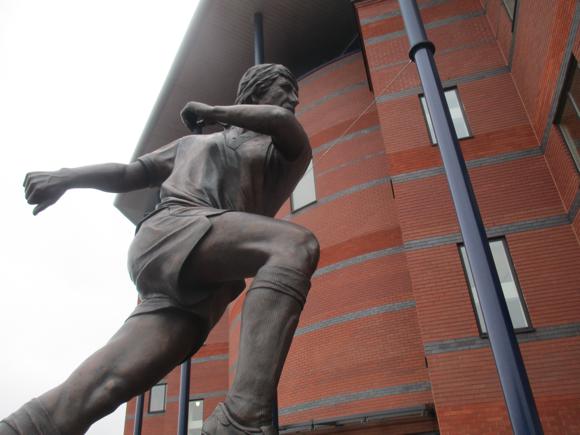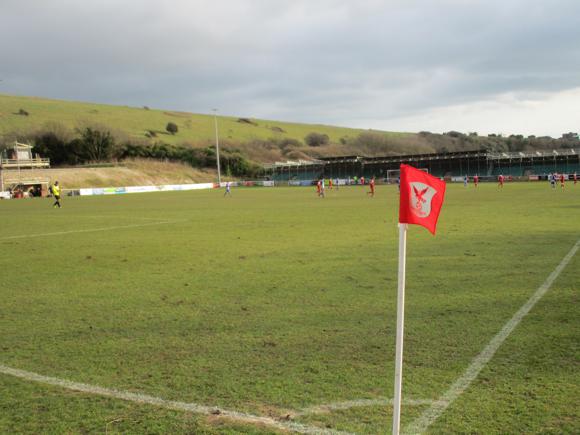A fan’s guide – the club from early doors to today
One simple fact about Barnsley FC sums up their history. The Tykes have spent more seasons in the second tier of English football than any other team.
But this pattern was nearly interrupted in 2021 when manager Valérien Ismaël took Barnsley to the play-offs with a form of football based on data-proven sabermetrics, Moneyball to use more simple terms, invented by baseball supremo Billy Beane. The former manager of the pioneering Oakland A’s bought a share in Barnsley in 2017 as part of a mainly Asian consortium currently looking to transform the club from second-tier tryers to top-flight flyers. Whether this is in Barnsley’s DNA remains to be seen.

Barnsley’s splendidly appointed ground, sitting snugly just over the hill from the town centre, hosts a club which has only spent one season in the top flight and won its only major silverware more than a century ago. It was in 1887 that splendidly named clergyman Tiverton Preedy founded Barnsley St Peter’s. The parish church still stands there today, close to the Oakwell ground where the club has been based since 1888.
Becoming Barnsley FC in 1897, the Tykes joined the Football League a year later, remaining rooted to Division Two. In the cup, however, Barnsley came to life, overcoming the likes of WBA and Everton to reach the final in 1910.
After a opportunist goal from Harry Tufnell, reacting to a loose ball off the post, the Tykes held out against waves of Newcastle attacks only to succumb to an 83rd-minute equaliser. In the replay, Barnsley’s equally rugged approach foundered in the mud of Goodison. Newcastle won 2-0.

Two years later, the Tykes were back in the final, needing five replays to get there – and another one to win it. A jinking 50-yard run and strike from Tufnell came two minutes from another replay, his 118th-minute winner as skilful as any to have won the FA Cup.
Barnsley had won what would be their only major silverware to date. Money from the Bramall Lane crowd that day went to the Titanic Disaster fund and the match ball was duly presented to Reverend Preedy.
The league proved more challenging. First muscled out on an underhand technicality by Arsenal then ruled out on a single goal in the last game by Stoke, Barnsley twice narrowly failed to reach the First Division just after World War I.

Notable players – later Chilean internationals George and Ted Robledo, later England international (and Busby Babe) Tommy Taylor – featured in the Barnsley side just after World War II. Still no promotion.
Taylor would perish in the Munich Air Disaster, while Ted Robledo fell off an oil tanker in Dubai, his body never discovered.
Barnsley, meanwhile, slipped down to the Fourth.
It was left to Danny Wilson to reverse decades of history. Seeing out his commendable career as player-manager at Oakwell, the former Northern Ireland international midfielder all but broke Barnsley’s top-flight hoodoo – only to be denied a play-off place when the Premier League was reduced to 20 clubs in 1995.
Finally, in 1996-97, everything fell into place. With a limited budget but playing slick football – ‘just like watching Brazil’, as someone famously purred at Oakwell – the Tykes moved ever closer to promotion.
A derby win over Bradford City sealed the deal at Oakwell, late goal from Trinidad & Tobago international Clint Marcelle living long in the memory.
Top-tier football proved short and sweet, immediate relegation offset by memorable FA Cup win over Manchester United, 3-2 at Oakwell after a 1-1 draw.

Barnsley almost returned to the Premier League under Dave Bassett in 2000, only to lose a roller coaster play-off final 4-2 to Ipswich. Craig Hignett, whose goals had helped get the Tykes to Wembley for the first time, was one of several key players to leave soon afterwards.
The collapse of ITV Digital in 2002 all but did for Barnsley, placed into administration, but the club bounced back as ever, reversing a negative trend to reach the League One play-off in 2006. Crucial goals from Daniel Nardiello and a penalty save from Irish international Nick Colgan helped gain the Tykes promotion.
Goals from Nardiello then kept Barnsley up – just – before on-loan goalkeeper Luke Steele performed surprising heroics to help beat Liverpool and Chelsea in a shock run to the FA Cup semi-final in 2008. An early Cardiff strike proved the only goal of the game.
With Steele made permanent, Barnsley hung on in the Championship but by 2014, had diced with relegation just once too often. Relegation saw Steele leave for a leading role at Panathinaikos.
Barnsley-born Paul Heckingbottom, a penalty scorer for his home-town club in the play-off penalty shoot-out of 2006, came in as caretaker manager in 2015 after a Danny Wilson return turned sour. Two Wembley finals later – a Football League Trophy win over Oxford followed by a play-off victory over Millwall – and Heckingbottom was made permanent boss of a motivated Barnsley back in the Championship.

Halfway through the 2017-18 campaign, baseball legend Billy Beane – played by Brad Pitt in the film about his sporting revolution at the Oakland A’s – arrived to take over the club, bringing his stats-based Moneyball approach with him. The immediate result was the departure of Heckingbottom for Leeds, then relegation to League One.
But, alongside an ambitious Asian consortium, Beane soon turned things round at Oakwell. First, goals from later Wales international Kieffer Moore ensured that Barnsley’s third-tier sojourn was a short one. Then Austrian coach Gerhard Struber from Salzburg’s Red Bull set-up steadied a sinking ship as relegation beckoned, although Barnsley needed two stoppage-time goals in the last two games and Wigan’s points deduction to remain in the Championship.
With Struber leaving for New York Red Bulls, former Bayern centre-back Valérien Ismaël arrived in October 2020 to lead a low-budget young squad to a play-off place the following spring. Former England U-21 international Cauley Woodrow kept the goals coming, but his equaliser in the play-off semi-final at Swansea wasn’t quite enough to get Barnsley to Wembley.
Known for his work with young players at overachieving Hartberg in Austria, Markus Schopp arrived at Oakwell before the 2021-22 campaign, Ismaël having been lured away by WBA.


Ground Guide
The field of dreams – and the stands around it






Oakwell has been Barnsley’s home since 1888. A major rebuild through the 1990s and addition of extensive adjoining training facilities after the local council rescued the club in 2002 lend a modern feel but Oakwell remains intimate and atmospheric. Part of the main West Stand date back to before Barnsley’s FA Cup win of 1912.
Holding an all-seated 23,000, Oakwell is twin-tiered along the sidelines – the lower part of the West Stand is uncovered – and single-tiered behind each goal, the South CK Beckett Stand (aka ‘Ponty End’) for home fans, North Stand for away. For more modest opposition, part of the North Stand can be sectioned off and allocated to home fans.
Where the East and South Stands meet, the Wakefield Audi Corner Stand accommodates up to 70 disabled supporters. The club shop and ticket office are behind the South Stand.
getting there
Going to the ground – tips and timings


The ground is a 10min walk from Barnsley station. Head right as you exit, towards the traffic lights, then left and up the incline towards the flyover. Head under it and slightly to the left is Queens Road, with the Metrodome to the left and Oakwell to the right.
The sat nav code for Oakwell is S71 1ET. Visiting supporters can park at the Barnsley Metrodome leisure centre (£5, S71 1AN) a short walk from the ground. For on-street parking, charges apply until 6pm Mon-Sat, otherwise it’s free evenings and Sundays.
getting in
Buying tickets – when, where, how and how much

Tickets are distributed from the office at the Reds Superstore (Mon-Fri 9am-5pm, non-match Sat 9am-noon, match days/nights from 9am) behind the South Stand and online.
From 2021-21, ticket prices are the same in each area of the ground – but there are three categories of matches, with large differential between them. Admission for a Category A game is £36, Category B £28 and Category C £23. Over-65s and under-22s are charged £28, £20 and £16, under-19s £10 across the board and under-12s £5.
There is also a £2 levy in every price range for match-day purchases, seniors and juniors included. Under-19s and under-12s cannot pay £10 and £5 at their turnstiles, only at the ticket office and online.
what to buy
Shirts, kits, merchandise and gifts

The Reds Superstore (Mon-Fri 9am-5pm, non-match Sat 9am-noon, match days/nights from 9am) behind the South Stand stocks the current home shirts of storied red, change strip of bottle green with red trim, and third choice white with red hooped piping.
You’ll also find nicely designed retro greetings cards and tea mugs, pint glasses and chocolate bars.
Where to Drink
Pre-match beers for fans and casual visitors



The easiest option closest to the ground the Metrodome, just behind Oakwell on Queens Road. It’s convenient – you’ll see the Metrodome as you walk up from the flyover – but it’s like drinking/eating in a multiplex. The main outlet, the Rigby, opens until 7pm weekdays, 3pm Saturdays and 3.30pm Sundays, when it does a carvery.
Handily for away fans, it’s behind the North Stand.
If you’re feeling more adventurous, then the hilltop Dove Inn, the other side of Pontefract Road on Doncaster Road, also welcomes away fans with Old Mill ale and a traditional atmosphere – a short walk from behind the home end.
On Pontefract Road itself, The Mount is a Tykes stronghold, recently refurbished.

